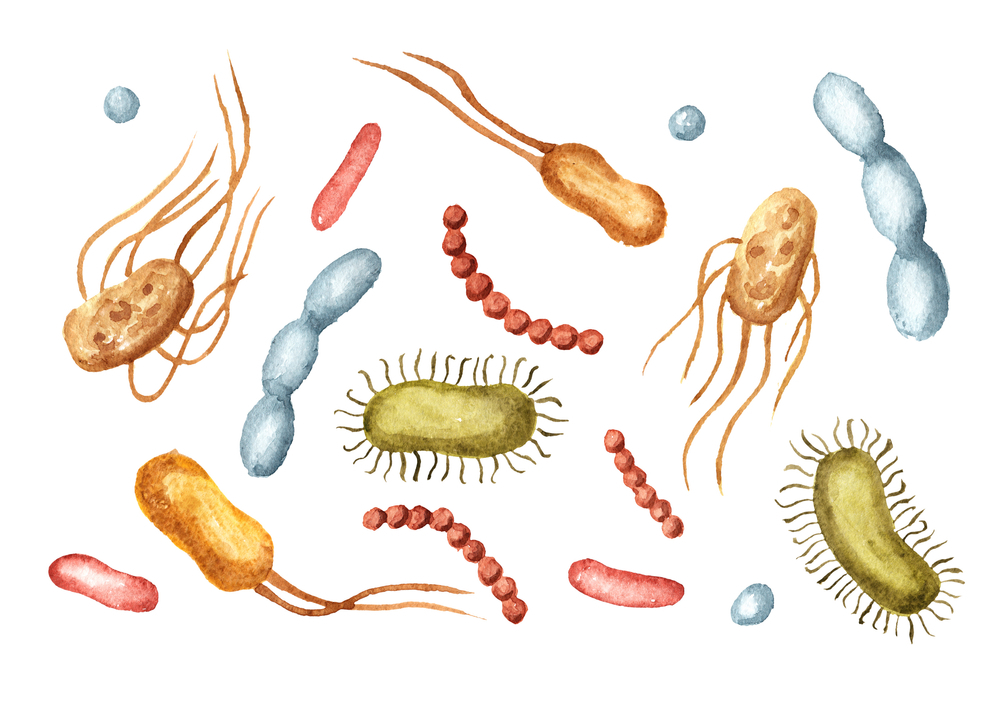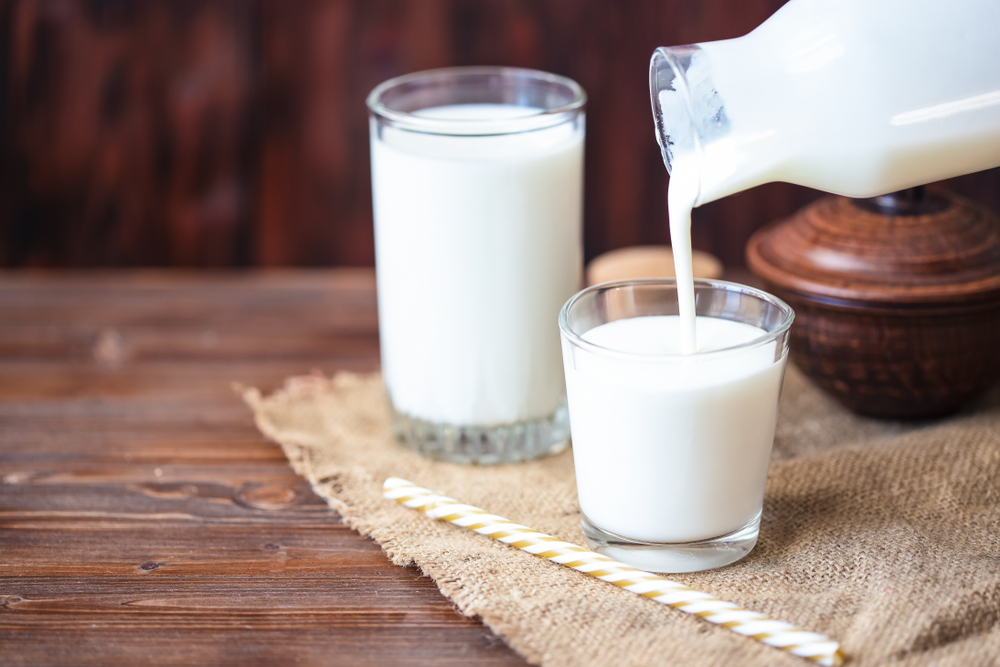7 Benefits of Gut-Friendly Bacteria (Probiotics)
There are 100 trillion beneficial bacteria in the gut of an adult human. These bacteria, which weigh up to 1.5 kilos, are your gut microbiome and are extremely important for your overall health. Many factors, including the food you consume, affect the types of bacteria and probiotics in your digestive tract. While some of these bacteria are closely associated with disease, others have a beneficial effect on the immune system, weight and heart health.
What is Intestinal Flora?
Before presenting information about gut-friendly bacteria, the frequently asked “What is gut flora?” question must be answered. Intestinal flora describes all the microorganisms found in the gut and is also called the microbiota. Microbiota occurs naturally in the organs that make up the digestive tract and consists of non-pathogenic fungi, bacteria, parasites and viruses. These microorganisms, which do not cause any disease, have an important role in the body's defense and digestion. The microbiota in the intestines is shaped by the person's birth type, eating habits, hygiene and environment.
Importance of Intestinal Flora
The intestinal flora, which has an important effect on the defense and immune system, plays a protective role against invading fungi, bacteria, environmental toxins and viruses and decides which ones will enter the body or not. In case of disruption of this system, the intestinal barrier loses its function and unwanted foreign substances enter the body. This condition is also called leaky gut. When the intestinal flora is disturbed, intestinal problems such as constipation, diarrhea, flatulance and diseases such as hay fever, rheumatism and allergies appear. For this reason flora-friendly foods should be consumed and strict diets should be followed under specialist observation.
What is Intestinal Friendly Bacteria (Probiotic)?
Microorganisms that support and strengthen immunity are called probiotics. These microorganisms protect the natural flora of the intestine from all disease-causing organisms. Bacteria such as Saccharomyces, lactobacillus, and bifidobacterium are the most beneficial probiotics.

Gut-Friendly Bacteria (Probiotic) Benefits
The benefits of probiotics can be listed as follows:
- Healthy and balanced diet with probiotics help strengthen the digestive system. It also helps in preventing infections and facilitates digestion. The intestinal flora can neutralize carcinogens and heavy metals, destroy toxic substances and neutralize histamine. In addition, a healthy intestinal flora prevents constipation and diarrhea by stimulating bowel movements.
- Probiotics also increase the body's defense against skin allergies. Probiotics are also effective in preventing fungal infections.
- Probiotics support the digestive system against the effects of unhealthy foods. It also acts as protection against antibiotic damage.
- There are thousands of different types of bacteria in the intestines that are beneficial for health. However, having too many unhealthy microbes can lead to illness. An imbalance of healthy and unhealthy microbes can contribute to weight gain in some cases. Fortunately, probiotics are beneficial for gut health and are an important aid in weight loss.
- Gut-friendly bacteria can even affect heart health. A study of 1,500 people found that the gut microbiome has an important role in controlling triglycerides and cholesterol levels. (Source 1)
What Are Gut-Friendly Bacteria?
“What are gut-friendly bacteria?” If you are wondering, you should know that there are close to 40 trillion bacteria in your body and some of them live in the intestines. Bifidobacterium and Lactobacillus are the most important among probiotic bacteria.
What Are Natural Probiotics?
Probiotics occur naturally in some foods, and these foods are usually fermented products. These products include:
- Kefir
- Yogurt
- Buttermilk
- Cucumber and sauerkraut
- Cheeses such as Gouda, cheddar and mozzarella

How to Increase Gut-Friendly Bacteria (Probiotics)?
“How does the intestinal flora improve?” If you are wondering, you should know that you need to take care of your nutrition. Certain studies in this area also show that nutrition is effective in regulating intestinal flora. “How do good bacteria in the gut multiply?” The answer to the question is:
- A diet of different types of food also ensures a variety of gut-friendly bacteria. For this reason, a nutrition routine consisting of each food group should be established.
- Fruits and vegetables are among the important food sources for a healthy gut. High-fiber raspberries, artichokes, green peas, broccoli, chickpeas, lentils, beans, bananas and apples should be included in the diet.
- Fermented foods go through the fermentation process in which the sugar is broken down by yeast or bacteria, and in this respect they are gut friendly. These foods include yoghurt, kefir, pickles and some cheese varieties.
- Probiotics encourage the growth of beneficial bacteria in the gut. Some types of bacteria in the gut break them down and use them for fuel. Many whole grains, vegetables and fruits contain probiotics.
- Consume whole grain foods. Whole grains contain lots of indigestible carbohydrates. These carbohydrates are not absorbed by the small intestine and go to the large intestine to encourage the growth of beneficial bacteria.
- Take care to consume foods rich in polyphenols. These foods are cocoa and dark chocolate, red wine, grapes, green tea, almonds, onions, blueberries and broccoli. Normalization of the intestinal flora is possible with a diet rich in these foods.
Symptoms of Deterioration of Intestinal Health
These symptoms can be listed as constipation, diarrhea, intestinal problems such as bloating and flatulence, rheumatism, skin diseases, allergies, susceptibility to infection and constant fatigue. So, how long does it take for the intestinal flora to recover? By observing these symptoms, the intestinal flora can be corrected by taking the necessary precautions. “What do gut-friendly bacteria and probiotics do?” We have provided the answers to your questions. If you want to have a regular and healthy intestinal system, you can consider the suggestions we offer you.














